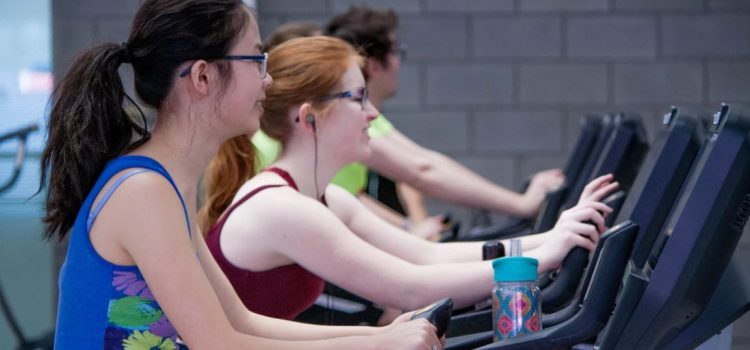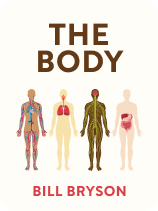

This article is an excerpt from the Shortform book guide to "The Body" by Bill Bryson. Shortform has the world's best summaries and analyses of books you should be reading.
Like this article? Sign up for a free trial here .
Other than losing weight, what are the health benefits of physical activity? How often should you exercise?
According to Bill Bryson, the author of The Body, physical activity has many benefits outside of weight management. Exercising promotes healthy joints, boosts the immune system, and stimulates the brain.
Here’s why you should get your body moving.
Why You Should Get Moving
Just as what you feed your body and the microbes you are exposed to affect how well it works and how long it lasts, so does how you use your body. In particular, Bryson presents a number of health benefits of physical activity.
He notes that all your joints are lined with cartilage, which, unlike the rest of your bodily tissues, doesn’t have a blood supply. The only way your body can maintain the cartilage in your joints is by circulating the synovial fluid in your joints, and the only way you can make your synovial fluid circulate is by moving your joints. If the cartilage in your joints deteriorates too much, movement becomes painful and difficult, a condition known as osteoarthritis.
(Shortform note: Bryson’s observation of how exercise benefits your body in unexpected ways extends to other systems as well. Just as the cartilage in your joints needs movement to circulate synovial fluid, so does your lymph system. Lymph cells are part of your immune system. They identify and eliminate unwelcome cells, such as harmful bacteria and cells that have become cancerous. Instead of circulating through your body in your bloodstream, lymph cells are carried by lymph fluid through a separate circulatory system that relies on the movement of your body to move fluid through the system.)
Furthermore, Bryson says that exercise not only strengthens your body, but also bolsters your immune system, improves your mental health, and reduces your risk of heart attacks, diabetes, and cancer.
(Shortform note: In The Joy of Movement, Kelly McGonigal corroborates Bryson’s list of benefits and elaborates on how exercise improves your mental health. She explains that when you exercise, your muscles produce hormones called myokines, which circulate through your bloodstream and stimulate your brain (as well as other parts of your body). She asserts that myokines increase your cognitive performance and alleviate both physical pain and emotional depression.)
How Much Is Enough?
Despite extolling the benefits of exercise, Bryson points out that there’s no consensus on how much exercise you should get. He says the idea that you should take at least 10,000 steps a day is a baseless myth, and the CDC’s recommendation of 150 minutes of exercise per week is based on what experts think the average person can realistically work into their schedule, not on how much exercise anyone thinks is actually ideal.
(Shortform note: In The 4-Hour Body, Tim Ferriss presents his philosophy of using the minimum effective dose to get the outcome you’re looking for at a minimum cost. In the case of exercise, this means keeping your workout to the bare minimum that will allow you to achieve a certain goal, such as losing a certain amount of weight. Ferriss himself was able to achieve his fitness goals by investing a total of only four hours a month in exercise and related activity. Based on his experience, he recommends doing a short workout consisting of three specific exercises twice a week.)
Bryson goes on to discuss a study that found people who spent six or more hours a day sitting down were twice as likely to suffer from heart failure or diabetes and had a higher overall mortality rate than people who spent less than six hours a day seated, regardless of how much exercise they got the rest of the day.
(Shortform note: While many other studies support the idea that sitting for more than six hours a day carries significant health risks, very few support the conclusion that it can’t be alleviated by exercise. Currently, most sources suggest that you can reduce the detrimental effects of prolonged sitting by taking short breaks for walking or other light physical activity every 30 minutes.)

———End of Preview———
Like what you just read? Read the rest of the world's best book summary and analysis of Bill Bryson's "The Body" at Shortform .
Here's what you'll find in our full The Body summary :
- A whirlwind tour of the human body’s various systems
- Why your sense of smell is probably as good as your dog’s
- How hot peppers increase your life expectancy






